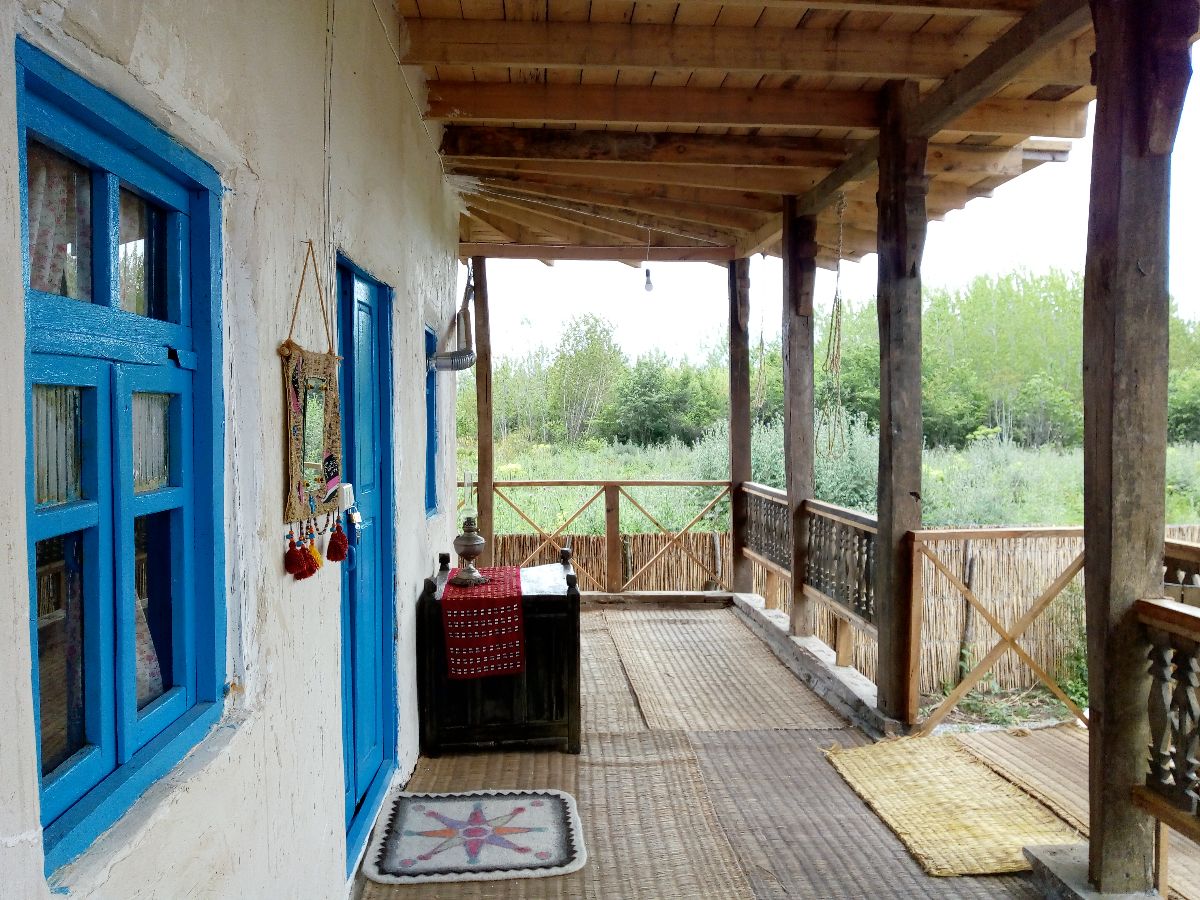Iran ITO Working to Protect Online Hospitality Startups: Interview

EghtesadOnline: Sixty Iranian online hospitality service providers received calls at the weekend from Iran Cultural Heritage, Handicrafts, and Tourism Organization (ICHHTO) warning them that if they do not discontinue listing non-hotel accommodations, their websites would be blocked. Since then the Information Technology Organization has taken measures to stop the ICHHTO.
Head of Iran Information Technology Organization Amir Nazemi censured the ICHHTO on Twitter, publishing a letter sent to Vice President for Legal Affairs Laya Joneydi asking her to forbid the ICHHTO from doing anything unlawful.
The letter notes that such moves are unwanted and unhelpful and widens the gulf between startups and the government, Financial Tribune reported.
ITO deputy for legal affairs, Mohammad Jafar Nanakar, told the Financial Tribune, “Any measure that undermines employment prospects is denounced. ITO strongly supports the development and expansion of e-commerce and startups and is promoting deregulation in this sector.”
Key Guideline
Nanakar added that to support startups and e-commerce and cut red tape—as per government guidelines issued on Dec. 15 and signed by Joneydi—a taskforce has been created to look into bans on websites.
As per the guideline, if a state organization decides to take measures against any online business, the taskforce is responsible to provide both sides with a solution and to the extent possible settle it without unwanted distress.
The Vice Presidents Office for Legal Affairs, Science and Technology, along with ministries of ICT, cooperative, industries, culture, and economy have appointed their representatives to the taskforce.
Each administrative body should also appoint a representative to a specialized committee where complaints and reports are to be discussed.
“For example, if an administrative agency decides that a website must be blocked due to some legal infringement, the taskforce sends a request for an inquiry to the committee,” Nanakar noted.
After receiving the complaint, the committee will try to solve the problem through talks between the online business and the state or government agency. If the case is not resolved it will come to the taskforce for final arbitration.
Administrative Offence
Nanakar said as per the guidelines, administrative agencies reporting a legal infringement must provide the task force solid evidence and present legal grounds for their complaint.
Furthermore, before demanding a website or smartphone application be blocked, the administrative body is required to offer other solutions for addressing the problem or case of infringement.
The guideline also demands that the startup or e-commerce company or their guild should be allowed to present their defense before the committee.
If an administrative agency disregards this procedure, its director will be summoned before the special Government Committee for Administrative Offences and could be penalized.
Nanakar says, “As per law, administrative bodies can file a complaint against online businesses and demand a website or application get blocked. However, disregarding government guidelines is a textbook example of administrative offense after which the transgressor faces a legal penalty.”
Compensation Possible
While most companies were provided a window to upgrade their services to meet ICHHTO demand, the website Vadiro, which helps rural people lease their homes or a room to tourists for a few nights, was blocked last week.
It is apparent that during the period an online service provider is blocked, it incurs loses. Nanakar says, “As per Iran’s e-Commerce Law if a company incurs losses due to a disruption in communication services [including being suspended], it can file charges with the courts against the responsible agency or individual and receive compensation.”
On the same subject, he said, “Within the legal framework and to support startups and e-commerce, ITO and the Information and Communication Technology Guild — affiliated to the government — will exploit all possible means including introducing supportive guidelines, bolstering communication between the private and public sector and promote closer collaboration between administrative bodies.”
Costs of services offered by hotels are significantly higher compared to online hospitality startups, and many Iranians who cannot afford a room in hotels have turned to these firms.
For years, rural people have hosted travelers for a fee and startups have enabled them to claim a bigger share of the tourism market. Observers have speculated that the ban was introduced by ICHHTO to limit competition and boost hotels' income.
So far, and given ITO’s strong support for online hospitality service providers, ICHHTO has preferred to remain silent. The tour organization has not released any statement to defend its position.


